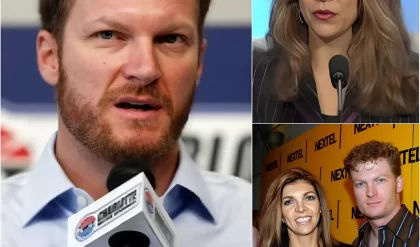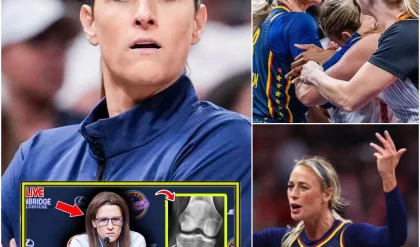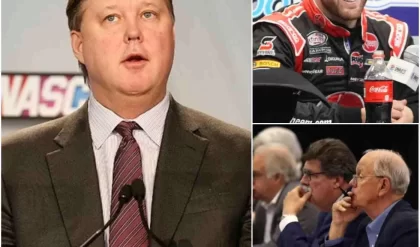Michael Phelps, the most decorated Olympian in history with 23 gold medals and 28 total medals, has unleashed a scathing critique of USA Swimming’s leadership, branding it “weak” and “poorly managed” in a detailed five-page Instagram post shared on August 13, 2025. The swimming icon’s comments come in the wake of the 2025 World Aquatics Championships in Singapore, where the U.S. team, despite topping the medal table with 10 gold medals and 29 overall, trailed China’s 15 golds until th competition’s final days. Phelps emphasized that his criticism targets the organization’s systemic failures, not the athletes, whom he praised for their dedication and resilience.
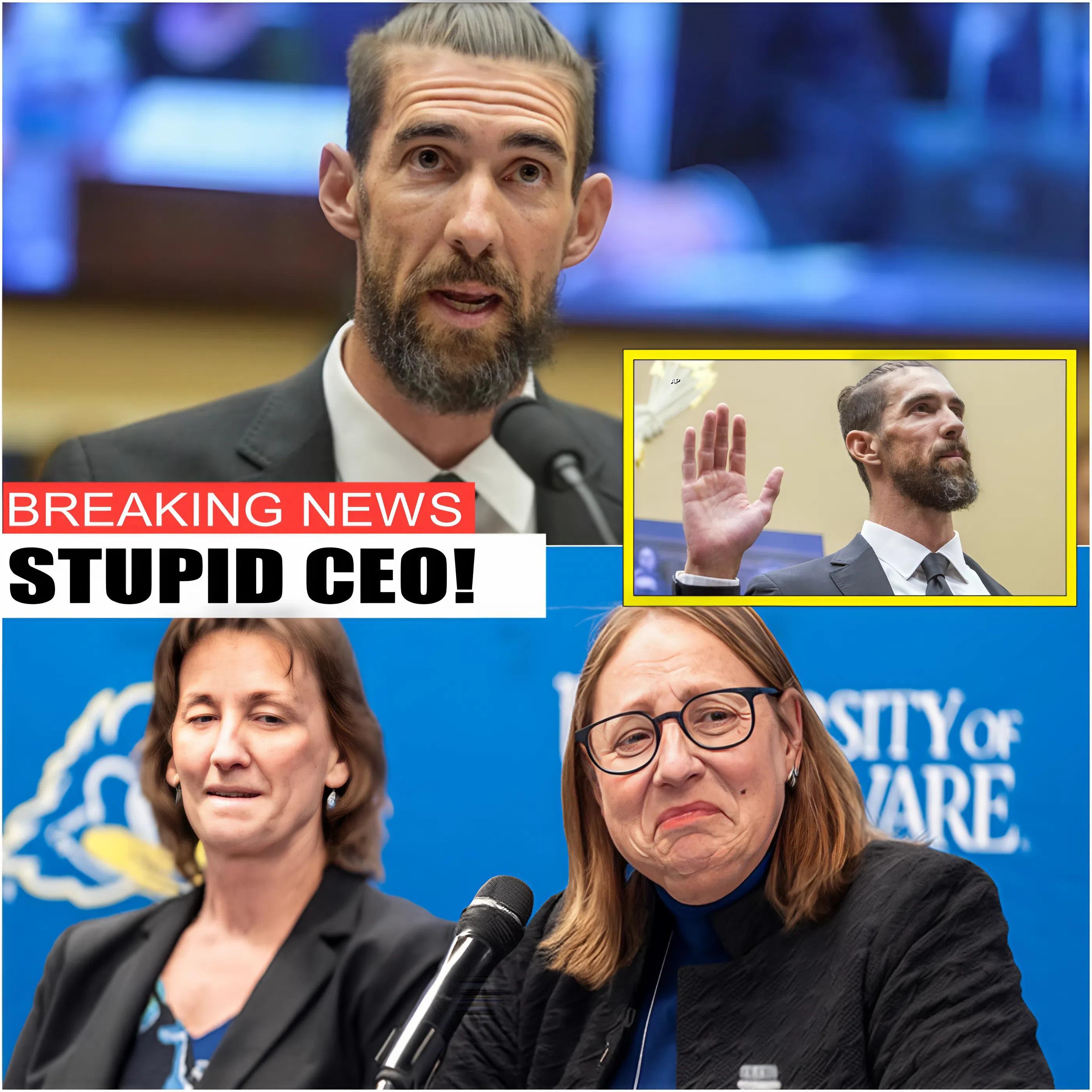
Phelps, who retired from competitive swimming in 2016, expressed deep frustration with USA Swimming’s governance, pointing to a decline in the sport’s dominance since the 2016 Rio Olympics, where the U.S. secured 57% of available medals. By contrast, at the 2024 Paris Olympics, the team won only 44% of possible medals, the lowest share since the 1988 Seoul Games. “I’ve asked myself what’s changed in our sport, and the answer is clear—this isn’t on the athletes, as they continue to do the best they can with what they’ve been given. This is on the leadership of USA Swimming,” Phelps wrote. He highlighted a lack of support for athletes and a failure to restore membership numbers to pre-pandemic levels, signaling broader organizational decline.
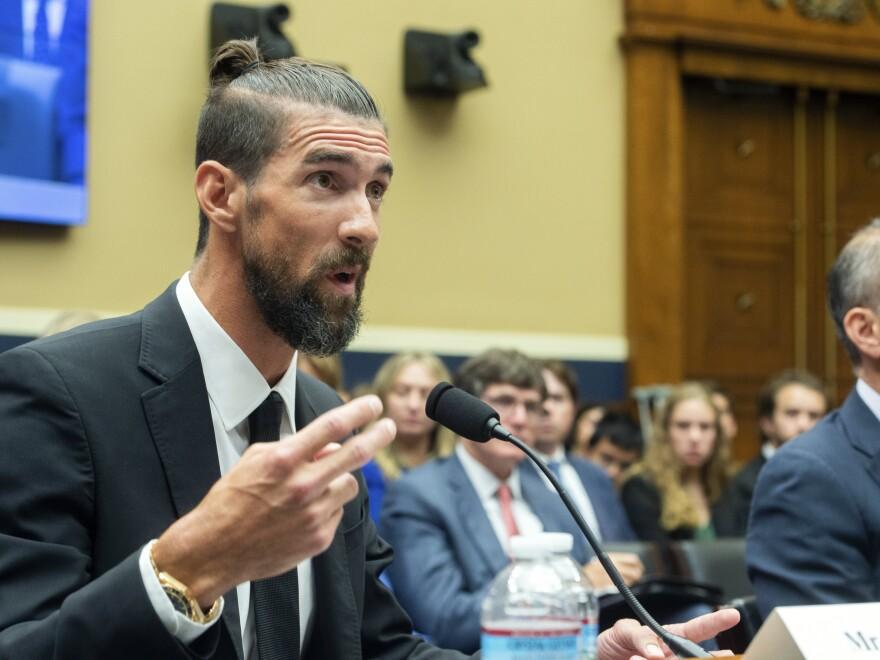
The 40-year-old swimmer’s concerns are not new. Earlier in 2025, he sent a letter to USA Swimming and the United States Olympic & Paralympic Committee, co-signed by fellow Olympic medalists, coaches, and former staff, outlining his frustrations. Phelps claimed the letter “fell on deaf ears,” a sentiment echoed by his feeling of being silenced during his career. “I was told to be grateful for the chance to compete and that it was more important to stay quiet and keep the peace,” he revealed. This culture of dismissal, he argued, has persisted, exacerbating the sport’s challenges.
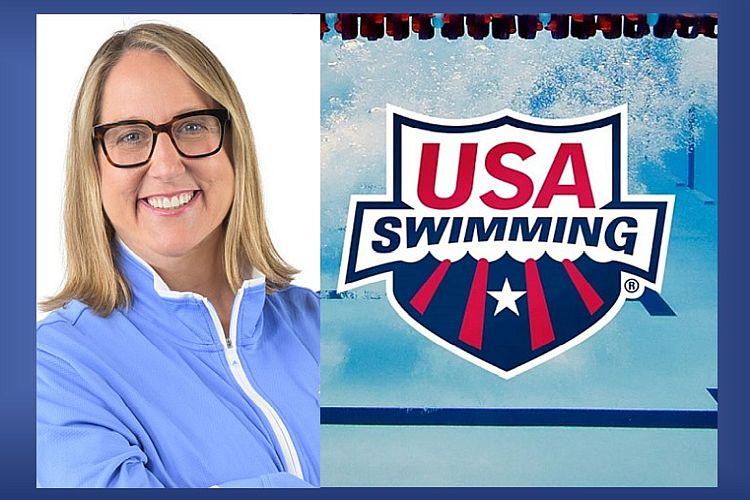
Phelps’ critique was amplified by fellow Olympians Ryan Lochte and Rowdy Gaines. Lochte, a six-time Olympic champion, posted a meme depicting a funeral for USA Swimming, with a tombstone reading, “In loving memory of United States Swimming. They set the bar high—until they stopped reaching for it.” Phelps shared the image, asking if the 2025 World Championships would serve as a “wake-up call.” Gaines, a three-time Olympic gold medalist, called the absence of a permanent CEO for over a year a “leadership void,” warning that the 2028 Los Angeles Olympics could be a missed opportunity if reforms are not implemented.
USA Swimming’s interim CEO, Bob Vincent, responded to the criticism, acknowledging the “passion” of Phelps, Lochte, and Gaines but expressing disappointment at the timing, given the team’s battle with severe illness in Singapore. Vincent defended the organization’s direction under new National Team Managing Director Greg Meehan. However, Phelps dismissed the response, accusing USA Swimming of failing to engage with critics like Gaines and treating athletes like himself as disposable. “They’ve shoved us out the door for years,” he commented on Instagram. “Treated me like a piece of meat throughout my career.”
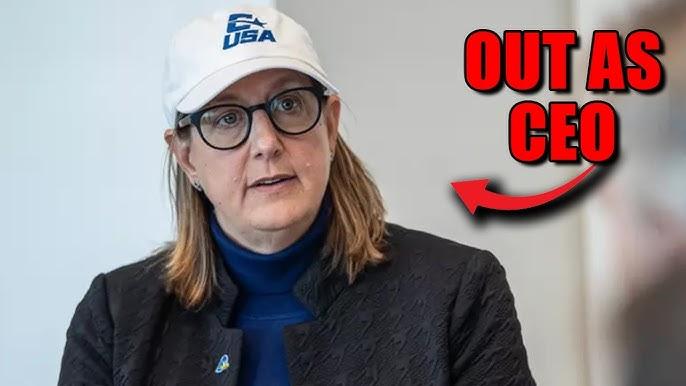
Phelps proposed concrete solutions, including an independent review of USA Swimming’s Board of Directors, enhanced athlete services, and stronger grassroots programs to boost participation. “My door is open, and there is work to be done,” he offered, volunteering his expertise to drive change. His concerns resonate as the U.S. prepares for a home Olympics in 2028, where a state-of-the-art swimming venue at SoFi Stadium promises a global stage. Yet, Phelps warned, without systemic reform, the sport risks squandering this opportunity.
The controversy has sparked debate within the swimming community. Current swimmer Lilly King pushed back, highlighting the team’s resilience in Singapore. Phelps responded sarcastically, apologizing for his “higher expectations” and accusing USA Swimming of wanting him to “stay in my lane.” As a father of four, Phelps expressed reluctance to encourage his sons to pursue competitive swimming, citing the sport’s current state as a source of both inspiration and “heartache.” With the clock ticking toward 2028, Phelps’ call for accountability and transparency underscores a critical juncture for USA Swimming.

